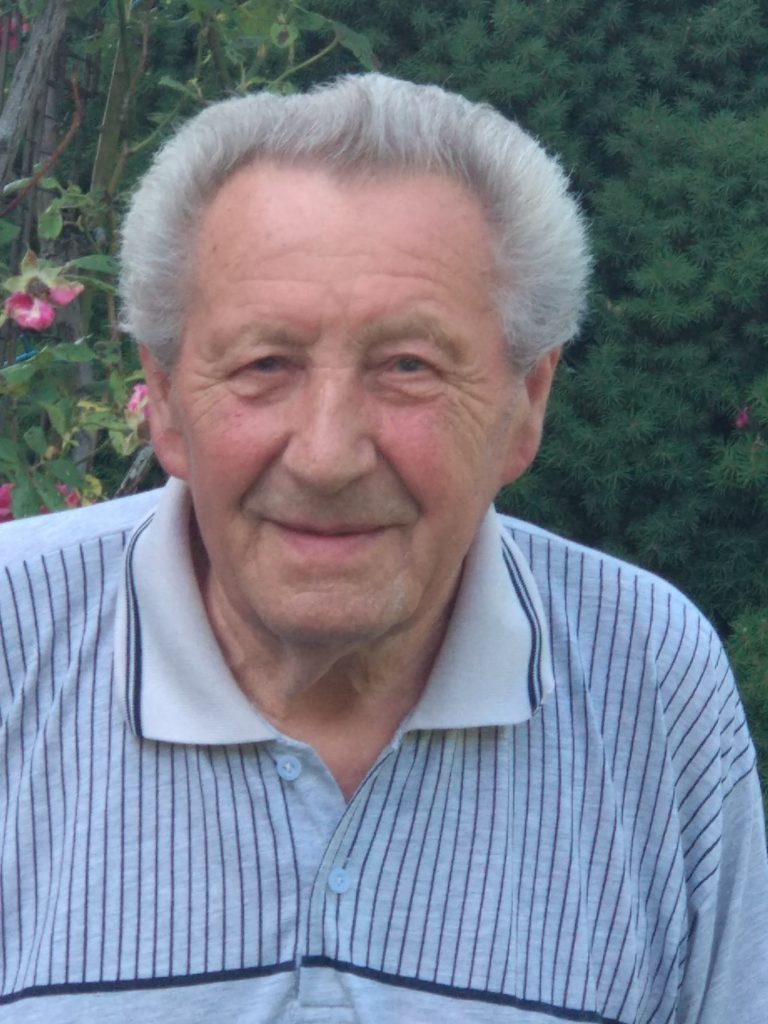The communists nationalized our printing press, destroyed the machines, and father hung himself

Stáhnout obrázek
Miroslav Hůla was born on 9 September 1933 in Humpolec into a family of tradesmen. His grandfather owned a printing house there. Over time, it was taken over by his father Vladimír, who later built a new business premises. The witness entered the first class of the Protestant primary school and attended it during the World War II. Shortly before the liberation, in the spring of 1945, the Hůla family had to close the printing house and the witness’s father was forced to work in the local warehouses. After the liberation, the printing house was put back into operation. He was involved in the post-war restoration of Junák and also attended Sokol. After the communist takeover in 1948, the printing house was nationalized. Neither the witness nor his older brother was allowed to study to become a printer and both trained as sales consultants. In addition, the elder brother did compulsory military service in the Technical auxiliary battalion. The printing presses were scrapped and the printing house finally closed in 1952. Immediately afterwards the father of the witness took his own life. Due to the redevelopment of the city centre, the printing house was demolished in the second half of the 1960s. After 1989, the family was financially compensated in restitution proceedings. From 1966 to 1994, Miroslav served as a fire inspector, which he followed up with a private career as a fire safety technician. At the time of recording, he lived in Humpolec (April 2022).







